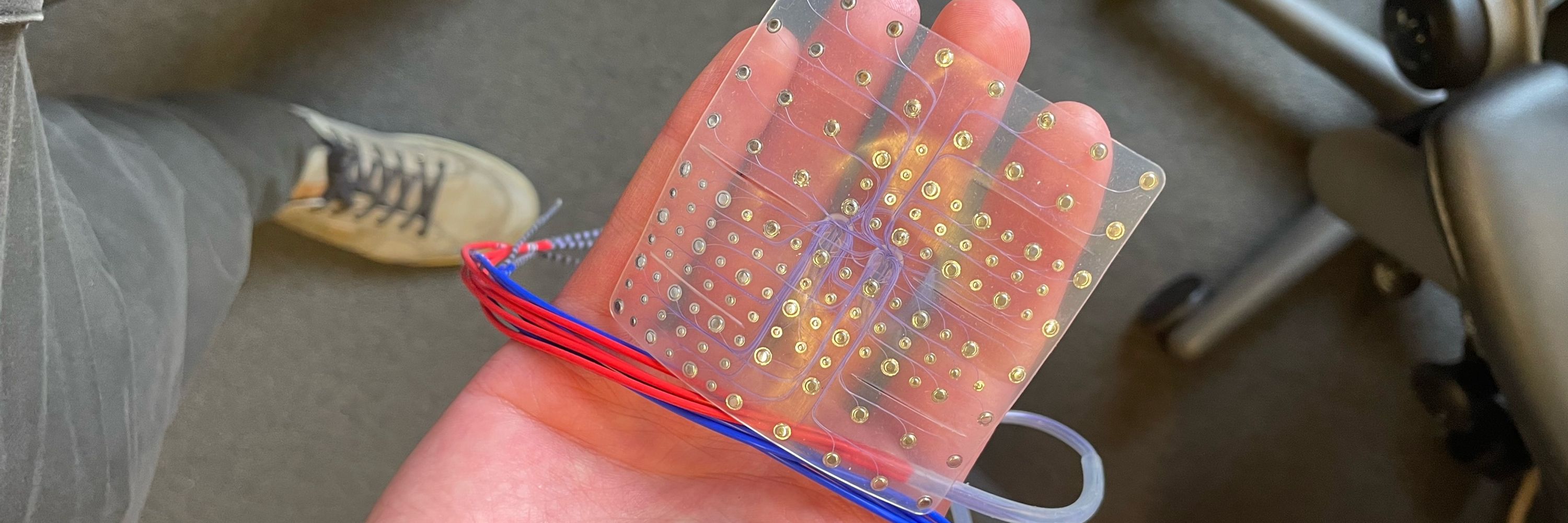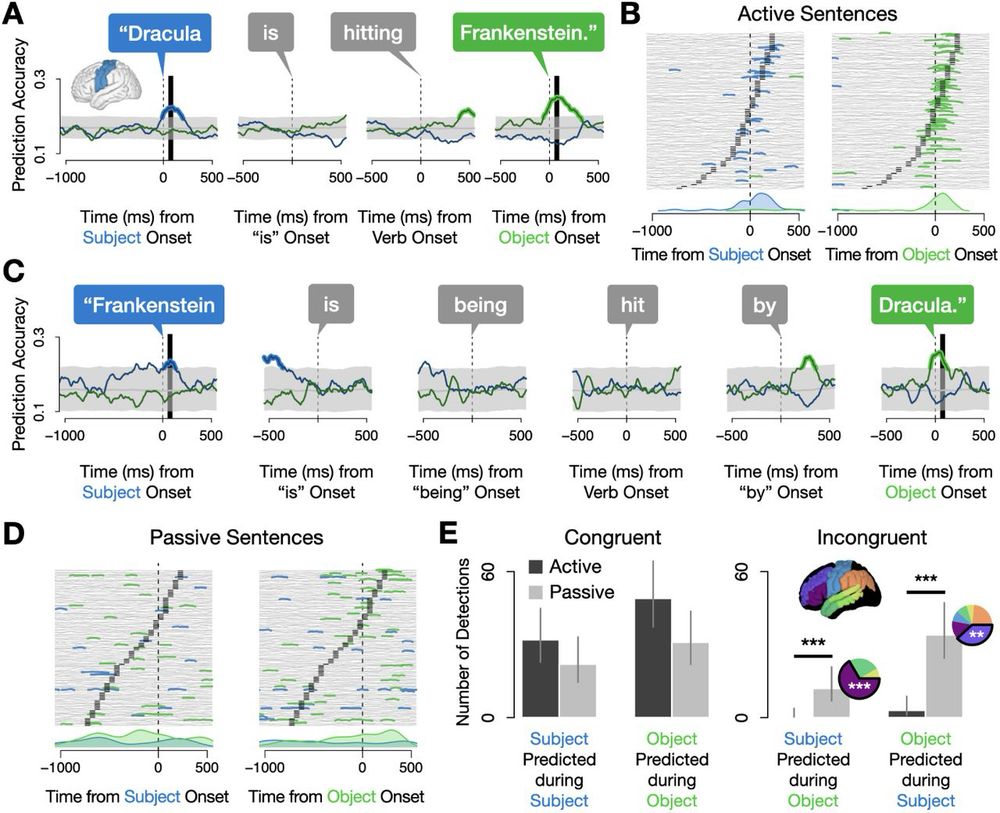
https://adam-milton-morgan.github.io/
📌 against preferences for competing frames (the dative alternation and NP/SC ambiguity) 🧵6/8

📌 against preferences for competing frames (the dative alternation and NP/SC ambiguity) 🧵6/8
📌 300 human-annotated sentences (LLM accuracy = 79%, vs. 69% for benepar and 59% for Stanford) 🧵5/8

📌 300 human-annotated sentences (LLM accuracy = 79%, vs. 69% for benepar and 59% for Stanford) 🧵5/8





hsp2025.github.io/abstracts/15...

hsp2025.github.io/abstracts/15...
doi.org/10.1101/2024...

doi.org/10.1101/2024...
hsp2025.github.io/abstracts/26...

hsp2025.github.io/abstracts/26...




doi.org/10.1101/2024...

doi.org/10.1101/2024...

